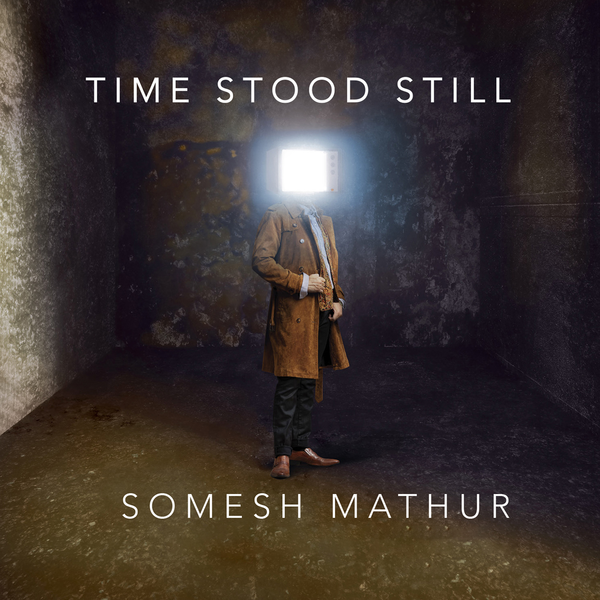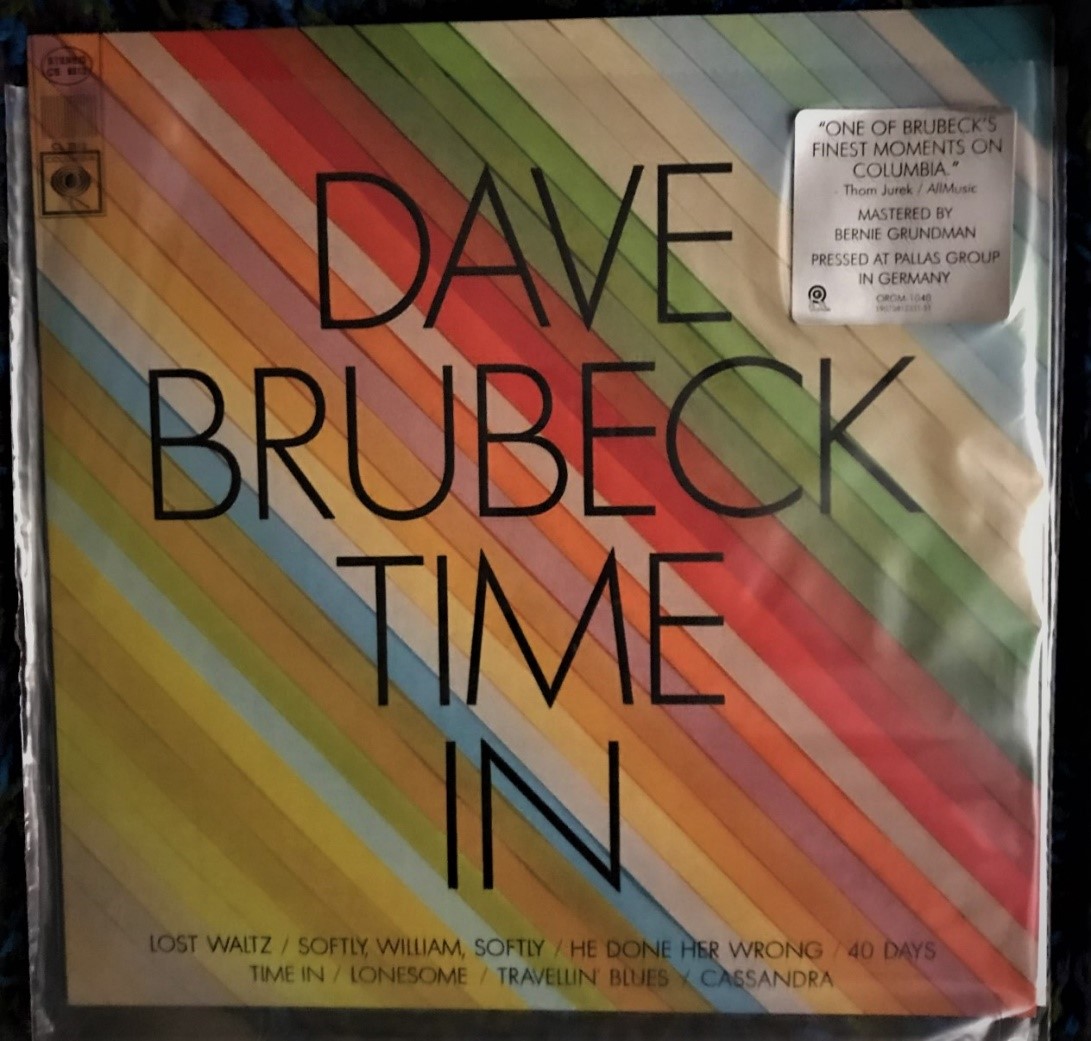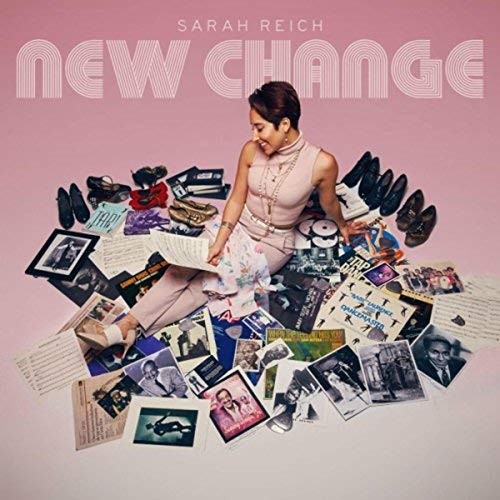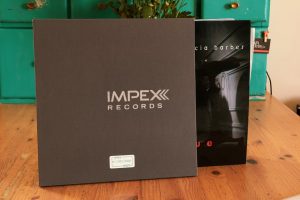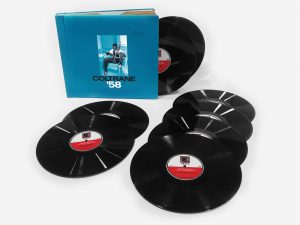Takaaki, New Kid in Town. Albany Records B076F3X5GJ, CD $16.99 amazon.com
If you're an audiophile, you're probably already familiar with the 70s jazz recordings from Japan's Three Blind Mice label. I'm lucky enough to own several of these titles on LP—everything from Tsuyoshi Yamamoto's legendary Midnight Sugar and Misty to Isao Suzuki's Blue City to Hideto Kanai's Q and much more. I'm even incredibly fond of my TBM sampler CD from First Impression Music and bring it to nearly every high-end audio show where I exhibit—something I started doing after I was called nuts for bringing the original LPs, true unicorns, to environments known for encouraging mayhem via the sticky-fingered.
If you're a TBM fan, you're also probably aware of the backlash as well. Some jazz aficionados think these amazing recordings are too sterile, too perfect and too lacking when it comes to soul and grit. "It's all about technique," they protest. "The Japanese love for artifice has never been more evident than in these recordings." I disagree, of course. I feel that these recordings are pristine, not sterile, and they allow the listener to dig preternaturally deep into the physical presence of real musical instruments. They're uniformly clean and clearly delineated when it comes to imaging and soundstaging, but I also think they're exciting and unique.
Takaaki's debut album, New Kid in Town, reminds me of some of those great TBM releases from the early-to-mid 1970s. The recording quality, while excellent, may not quite reach the dizzying heights of the TBM originals, but the same pure and unvarnished presentation is quite obvious. Here's a simple jazz trio—pianist Takaaki Otomo, bassist Noriko Ueda and drummer Jared Schonig—playing a mix of originals and standards that are all fluid, exciting, and extremely revealing when it comes to isolating each performer and what he is contributing to the well-represented whole.
Takaaki Otomo, the obvious namesake of the trio, is the central focus here. Discovered in a New York City restaurant by composer Bernard Hoffer, he exhibits the same precision and care as Tsuyoshi Yamamoto, so much so that he often sounds like he's playing with just one hand. This gives his style a distinctly linear feel, especially when he explores the upper registers and allows each note to flutter out into the room like a delicate butterfly. Otomo never races through a theme or shows off while improvising. He's carefully choosing an exact note, an exact feeling that will deliver the most emotional impact. Fans of economical pianists, everyone from Yamamoto to Ellington, will know the importance of this approach.
Ueda and Schonig are not exactly wallflowers. Ueda's bass is tactile and percussive, and Otomo certainly gives him plenty of space for solos—especially in the bassist's own composition "LullWater." Schonig's drumming is quick and light, and he truly explores the air and space projected by his ride cymbals in the best TBM traditions. He gets the most out of his kit, extracting a multitude of different sounds from every point of contact.
None of this would matter if the program material was ordinary. Hoffer plays a key role in arranging these tracks so there is a seamlessness between Otomo and Ueda's originals and classics such Brubeck's "In Your Own Sweet Way," John Lewis' "Django," and Thad Jones' "To You." These arrangements create a unity throughout the entire album so that individual songs seem to blend into each other. But the stand-outs in New Kid in Town are, not surprisingly, "Mars" and "Venus" from Gustav Holst's The Planets. Anyone who has heard Jacques Loussier's Play Bach series knows how adapting classical music into jazz can be both logical and illuminating. Here, Holst's very familiar themes are smile-inducing anchors to lyrical improvisation and are more subtle and shaded than Loussier's now legendary arrangements.
Three Blind Mice stopped releasing albums almost 15 years ago, and the bulk of their most famous recordings are now almost 50 years old. I suspect that you could sneak New Kid in Town into the catalog somewhere and no one would be the wiser—it's that good. But I'm more impressed by Hoffer's old-fashioned tale of discovery, a true Billy Joel "Man, what are you doing here?" moment. Most music lovers have had a similar epiphany upon seeing a talented yet unknown musician in an unlikely and humble venue trying to be noticed. Hopefully this album propels Otomo and his supremely talented trio into the spotlight.





